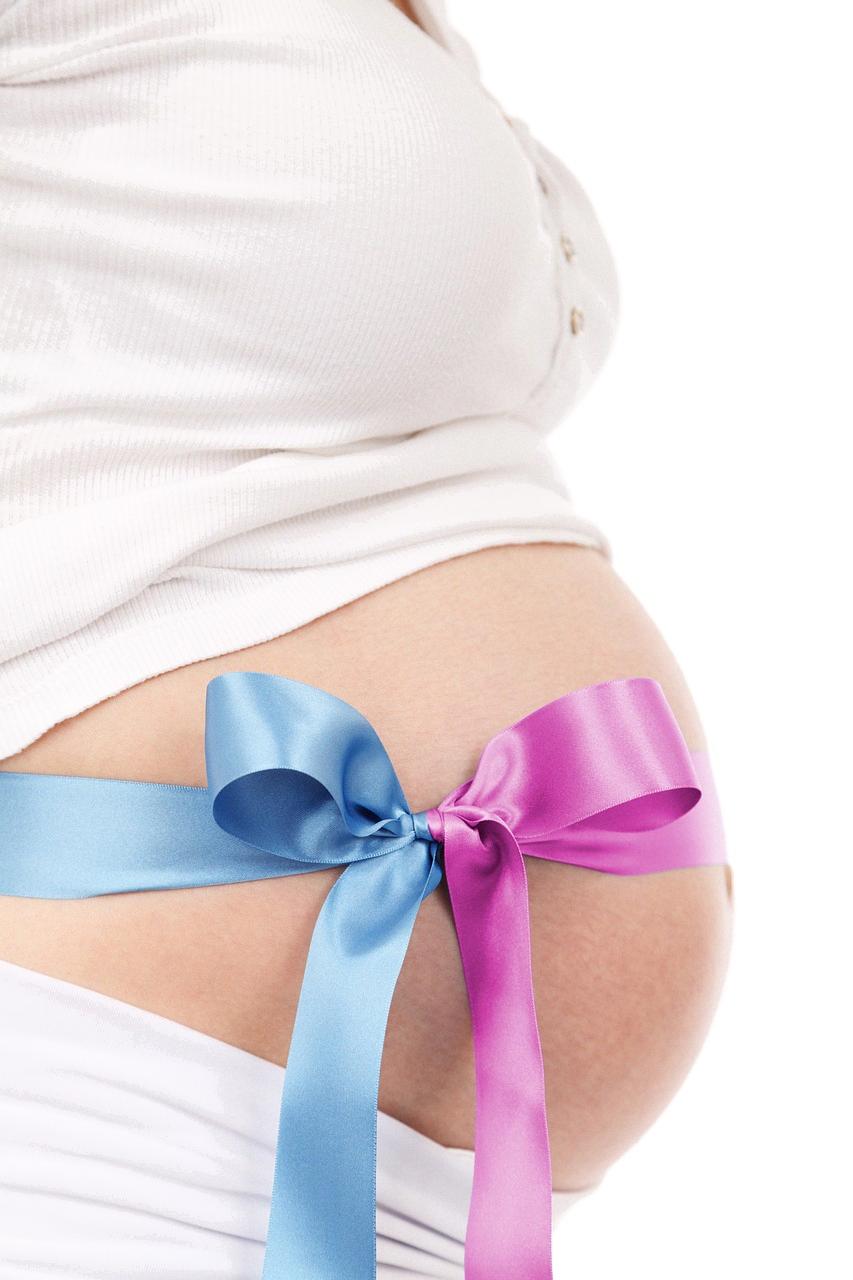During pregnancy, many women are extra cautious about what they consume to ensure the safety and well-being of their developing baby. When it comes to using Echinacea cough drops, the question of safety often arises. Echinacea is a popular herb known for its immune-boosting properties, but is it safe to use during pregnancy? Let’s delve deeper into this topic to understand the potential risks and benefits.
First and foremost, it’s essential to consider the limited research available on the safety of Echinacea during pregnancy. According to existing data, Echinacea is considered possibly safe when taken orally for up to 7 days while pregnant. However, there isn’t enough reliable information to determine the safety of using Echinacea for longer periods during pregnancy.
It’s crucial for pregnant individuals to consult with their healthcare provider before using any herbal remedies, including Echinacea cough drops. Your healthcare provider can provide personalized guidance based on your specific health circumstances and medical history.
While Echinacea is generally well-tolerated by most individuals, some potential side effects may occur, especially when used in large amounts or for extended periods. These side effects can include gastrointestinal upset, allergic reactions, and interactions with certain medications.
When considering the safety of Echinacea cough drops during pregnancy, it’s important to be cautious and mindful of the ingredients present in the product. Some Echinacea preparations may contain additional herbs or compounds that could pose risks during pregnancy.
Although Echinacea is widely used to support immune health and alleviate cold symptoms, its safety during pregnancy remains a topic of debate due to the lack of comprehensive research in this area. Pregnant individuals should weigh the potential benefits of Echinacea against the possible risks before using it as a supplement.
It’s advisable to opt for alternative remedies or consult a healthcare provider for guidance on managing cold symptoms during pregnancy. Your healthcare provider may recommend safe and effective strategies to alleviate discomfort without the need for Echinacea or other herbal supplements.
Furthermore, individual responses to herbal remedies can vary, and what may be safe for one person during pregnancy may not be suitable for another. Pregnant individuals should prioritize their health and the health of their baby by seeking professional advice before using any herbal products.
Ultimately, the decision to use Echinacea cough drops during pregnancy should be made in consultation with a qualified healthcare provider who can offer personalized recommendations based on your individual health needs and pregnancy status.
In conclusion, while Echinacea is considered possibly safe for short-term use during pregnancy, the lack of extensive research on its long-term safety warrants caution. Pregnant individuals are encouraged to prioritize their health and well-being by seeking professional medical advice before using any herbal supplements, including Echinacea cough drops.

